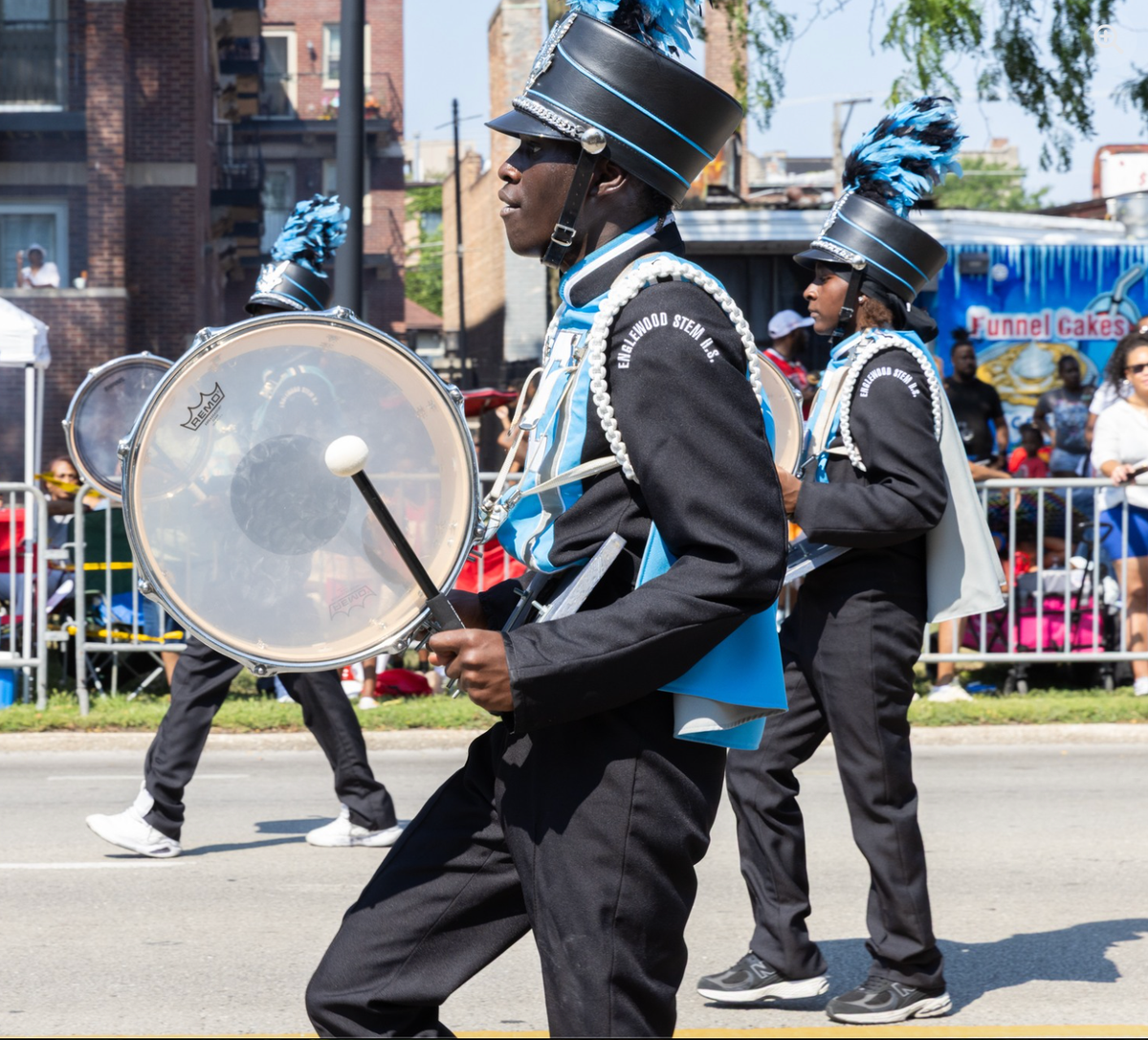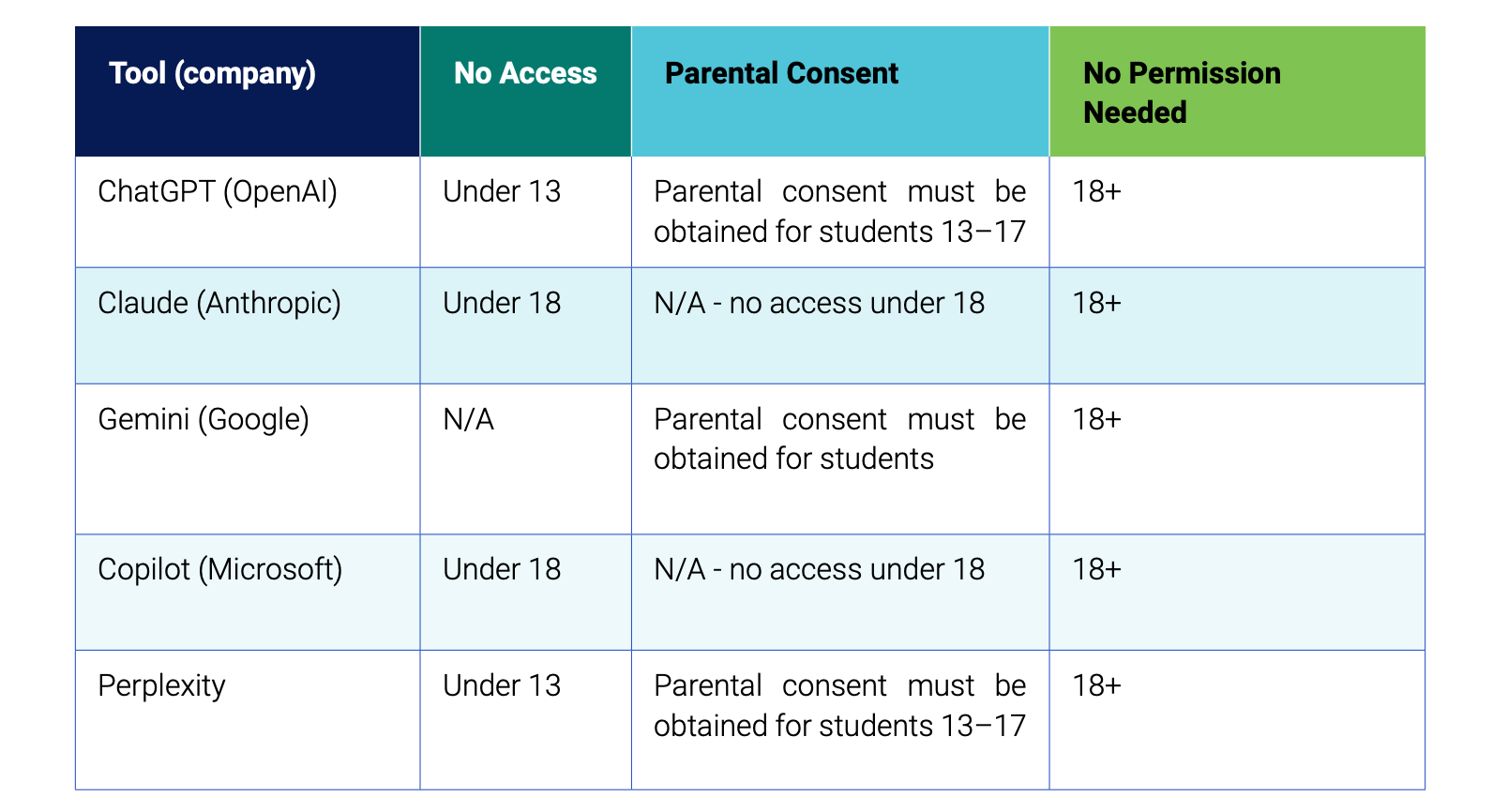Agenda Review, Special Ed Shakeup
While budget wrangling takes center stage, new policies for AI, family engagement, and special education also demand the board's attention.

Last weekend was a busy one for many connected with Chicago Public Schools. A teacher friend informed me that teachers received their retroactive raises for last year on Friday, as promised by Interim Superintendent/CEO Macquline King back in July. On Saturday, marching bands, tumblers, and drill teams celebrated back-to-school at the 96th annual Bud Billiken Parade. Teachers returned to school on Monday for "zero week," the prep week before students arrive.
Meanwhile, those tasked with building a budget that fills the school district's $734 million deficit are still wrangling over whether CPS should pay $175 million toward a city pension payment that covers non-teaching CPS staff. King is resisting pressure from Mayor Brandon Johnson to borrow money to make the payment. Sources say the budget proposal will not include further cuts to classrooms, either.
Last week, Board Rule guessed the 2026 budget would include borrowing. Reporting from Chalkbeat and the Chicago Tribune says today's budget proposal will not include borrowing, nor will it include the controversial $175 million pension payment. Chalkbeat reports the budget assumes $404 million from TIF surplus funds, which is $100 million more than the record-breaking amount Mayor Brandon Johnson authorized last year.
The agenda for Wednesday's agenda review committee went live on Monday, but with placeholders for the Chicago Public Schools' 2026 budget and capital plan. The budget presentation is high on Wednesday's agenda, coming right after public participation. Sometime after the board meeting, visitors to the CPS website should be able to review the budget and capital plan.
Two public hearings on the budget will be held on Tuesday, August 19. Details should appear soon on the CPS budget web page.
For now, let's look at what else is on today's agenda.
Parent Advisory Councils, Tech Policy
The district is revising its Title I parent and family engagement policy. Here are some noteworthy changes and clarifications.
Operations. The Parent Advisory Council at each Title I school must be established by November 15. If a school does not have a functioning PAC by that date, the principal can still spend Title I money, but must continue efforts to form a PAC and must give the Office of Family and Community Engagement evidence of parent input into the spending decisions (survey results, notes from meetings with parents, etc.).
The new policy spells out the duties of the PAC officers: chair, vice-chair, secretary, and outreach coordinator. The meeting quorum is five parents/guardians. All votes must be conducted publicly, by a show of hands or roll call.
The policy (per federal law, if memory serves) dedicates one percent of the Title I funds sent to each eligible school for parent and family engagement. Up to 25% of that amount can be spent on refreshments for meetings and events.
Language access. There is a lot of language encouraging "linguistically responsive" meetings, communication, and materials, but there are no hard requirements about this or specific consequences for not providing materials in languages other than English. The toughest language in the policy also includes some wiggle room, which I have bolded:
"...to the extent practicable, the District and all Title I eligible schools will provide equitable opportunities for the participation of parents and families with limited English proficiency, parents with disabilities, and parents of migratory children. This will include accessible, culturally and linguistically responsive communication and timely distribution of all Title I-related communication, materials, tools, and resources that reflect the student, parent, and family demographics of the school community."
The comment period on changes to the CPS Acceptable Use policy will open on August 29. This policy governs staff use of tech devices, the internet, data, and network systems. It also governs how school board and Local School Council members use their personal devices when they are connected to the CPS network. Here are some highlights of what's changing.
AI. The draft of the updated acceptable use policy mentions AI and refers to the school district's AI Guidebook, which includes a chart of common AI tools and the age restrictions set by their companies.

I threw a few tool names into the CPS Ed Tech Catalog to see if they are approved for use. The only AI tool I checked for that was unconditionally approved was Brisk, an AI teaching assistant.
Adult-student electronic communication. The new draft policy would also tighten the protocols for adult contact with current and former students. It spells out the rare circumstances in which CPS staff may use text messages to communicate with students. For one year after graduation, CPS graduates will be required to use their CPS email to communicate with CPS employees. During that year, CPS employees may not "friend" or connect with newly graduated students via their personal social media accounts.
What is This New Department of Academic Access?
In July, Josh Long, director of the Office of Students with Disabilities, announced that two departments previously in charge of compliance with laws related to students with disabilities and "instructional support" would merge into a new Department of Academic Access. In leaked emails, Long wrote, "For more than two decades, our office has operated under the belief that compliance must come first--and that strong instruction and student growth will follow. We respectfully--and confidently--offer a different view. We believe that when students receive strong, inclusive instruction, their learning will grow--and compliance will follow."
Chalkbeat Chicago reported that reaction was mixed among advocates for students.
The pro: A new role, Special Education Coordinator. These experts in special education and best practices for inclusion of students with disabilities will work directly with teachers and principals to strengthen instruction and inclusion.
The con: "I think you're giving permission to schools not to focus on compliance at all," special education advocate and lawyer Matt Cohen told Chalkbeat. Ensuring basic compliance with special education law has long been a challenge for CPS. Between 2018 and 2021, the school district was under added state scrutiny after a WBEZ investigation revealed that, during the budget crisis of the late 2010s, students had been wrongly delayed and denied receiving special education services.
Parents who have fought the school district say now is not the time to slack off on ensuring compliance. Julie Parson Nesbitt is a former CPS parent whose recent dissertation explores the experiences of families who had to fight with the school district to ensure their children were treated fairly and respectfully in school, both with and without being identified for special education services. "Everybody knows how often meetings are postponed, you don’t get the information you need–and how much that contributes to the denial or delay of services," Parson Nesbitt said. "But one thing I thought was interesting was the families sometimes felt these communication failures were almost a strategy to delay or deny services. I don’t think that’s been highlighted a lot.
Better data collection and transparency would show where schools are not meeting student needs. "We need IEP denial data school by school, year by year," she added.
For the Record
Poll on potential board president candidates: Back in July, someone forwarded me screenshots of a text poll testing the favorability of potential candidates for school board president in next year's race. The poll was conducted by Matt Podgorski of M3 Strategies and commissioned by Florian Sohnke, founder of the Chicago Contrarian blog.
Budget convos: At the Back of the Yards budget roundtable, Cydney Wallace listened in on table conversations. Interim Superintendent/CEO Macquline King missed that session due to a previously scheduled family event.
Comments ()